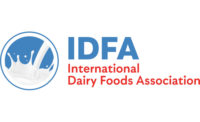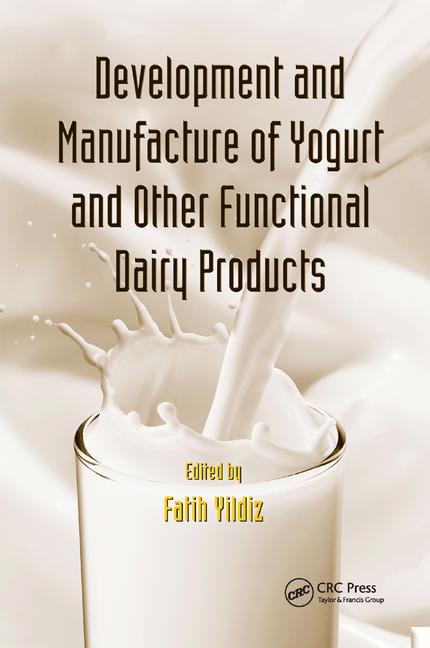IDFA, NMPF urge Dietary Guidelines Committee to consider full range of scientific literature
Literature from recent years shows that dairy foods, regardless of fat level, appear to have either neutral or beneficial effects on health outcomes.

The International Dairy Foods Association (IDFA), Washington, D.C., and Arlington, Va.-based National Milk Producers Federation (NMPF) are urging the 2020 Dietary Guidelines Advisory Committee (DGAC) to include the full body of scientific literature from recent years showing that dairy foods, regardless of fat level, appear to have either neutral or beneficial effects on health outcomes. In letters to the secretaries of Agriculture and of Health and Human Services, as well as Barbara Schneeman, Ph.D., chairwoman of the committee, IDFA said it commends the committee for undertaking an enormous amount of analysis in a compressed time period and encourages the committee and federal agencies to include all relevant scientific studies in the final Dietary Guidelines for Americans report to be published in late 2020.
“If the committee concludes its work without coming to any conclusions on the benefits of dairy at each fat level, and instead simply defaults to a recommendation for low-fat and fat-free forms because of a generalized concern about saturated fats in overall dietary patterns, this will represent a lost opportunity to share newer science with consumers, health professionals and policy makers and contribute to ongoing confusion about the healthfulness of dairy,” reads the June 15 letter, signed by both IDFA and NMPF. “We therefore request the DGAC complete its review by including all relevant scientific studies that bear on these questions and, if the findings so indicate, recommend Americans to incorporate dairy foods in all forms as an integral part of all dietary patterns.”
IDFA said it remains optimistic about the 2020 DGA report. Based on the draft conclusions that have been released ahead of the draft DGAC report, IDFA believes the 2020 report will maintain low-fat and fat-free dairy’s important role in federal dietary guidance and recommended eating patterns, and also maintain dairy’s important place as its own food group. The 2015-2020 version of the Dietary Guidelines for Americans both affirms the unrivaled nutritional contribution made by dairy foods and reminds Americans that a healthy diet for ages 9 years and older includes three daily servings of low-fat and fat-free dairy. No other type of food or beverage provides the unique combination of nutrients that dairy contributes to the American diet, including protein, calcium, vitamin D and potassium.
The DGAC will release its draft scientific report via a public meeting webinar to stakeholders on June 17. The final report will be provided to the secretaries of the USDA and the U.S. Department of Health and Human Services (HHS) this summer. USDA and HHS will then work together to develop and finalize the 2020-2025 Dietary Guidelines for Americans and update MyPlate by December 2020, IDFA said.
IDFA said it submitted official comments to the current DGAC and provided in-person oral testimony. In its comments, IDFA asks the DGAC to maintain the dairy food group as its own food group and to maintain the recommendation that eating patterns include three servings of dairy products daily — as supported by a strong preponderance of evidence. IDFA also strongly believes, as the letter to the DGAC shows, that new evidence supporting dairy foods at all fat levels be included in recommended food patterns.
Looking for a reprint of this article?
From high-res PDFs to custom plaques, order your copy today!







